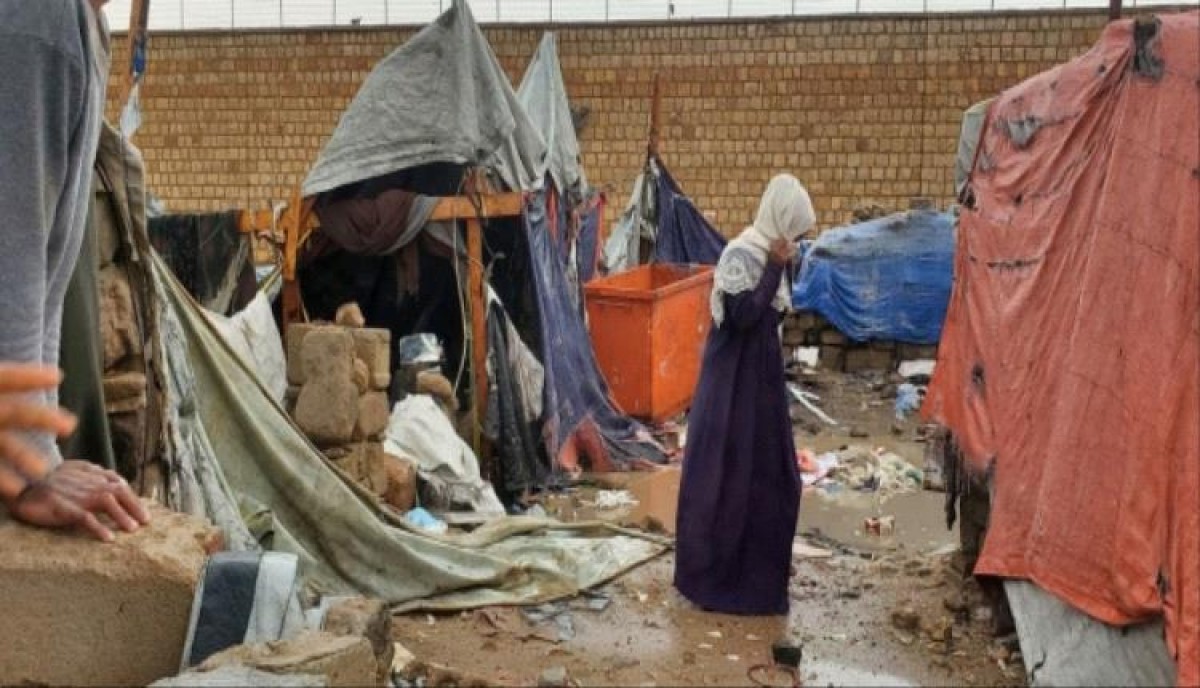84% of Yemen's displaced people are unable to meet their daily food needs


An update issued by the United Nations High Commissioner for Refugees stated that 84% of the families - included in a survey conducted by the Office - are displaced families, many of whom have been subjected to repeated displacement, and that 85% of families reported that they are unable to meet their daily food needs.
A press release issued by UNHCR said that families often resort to eating less expensive or smaller meals.
Marin Din Kaydom Shay, UNHCR representative in Yemen, said, “One father from Hodeidah described how he was forced to ration food and make heartbreaking decisions.” "She has the hearts to ensure his children have something to eat every day." The UN official added that this is the harsh reality for countless families across Yemen.
The update highlighted another crisis that UNHCR said is often ignored: civil documents. It stated that more than 51% of families have at least one child without a birth certificate, and that 70% of families have individuals without national ID cards.
The Commission said that these documents are not just papers, but rather are keys to accessing basic services and education. and rights, “without which these families face enormous barriers to receiving assistance and taking advantage of opportunities.”
In addition to food insecurity, the update emphasized the urgent protection needs of displaced communities. He stated that in almost every family there is at least one individual at risk, including women, children, and people with disabilities.
In response to the increasing needs, UNHCR is intensifying cash assistance programs, which it described as the cornerstone of its support for the most vulnerable families. These programs include providing cash assistance to meet basic needs, confront crises, obtain identity cards, and rehabilitate homes.
The Commission called for an increase in humanitarian aid to ensure that families receive the support they need to survive and rebuild their lives.